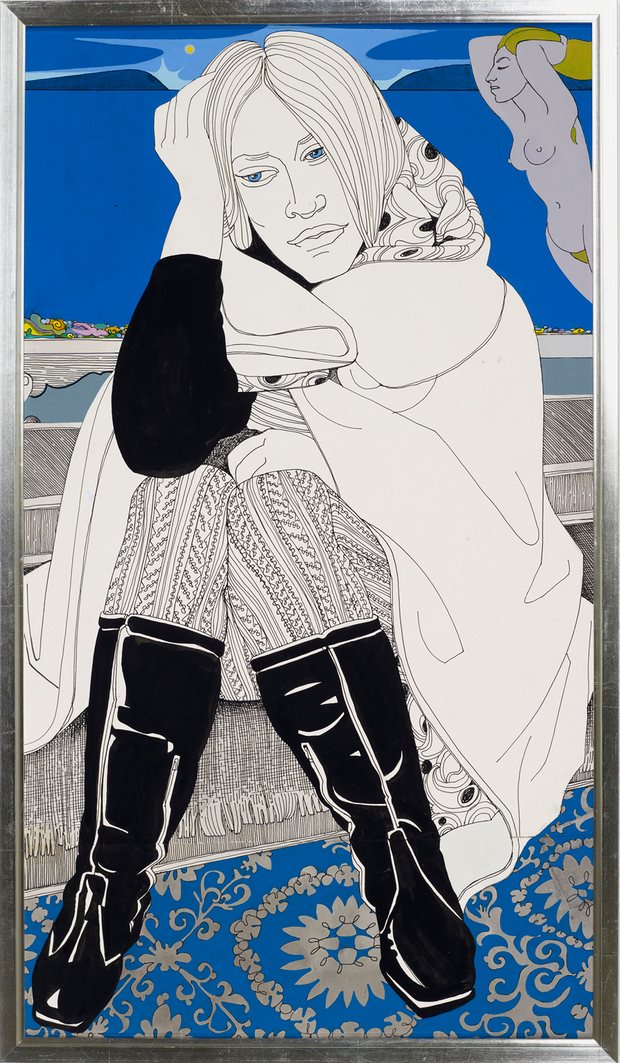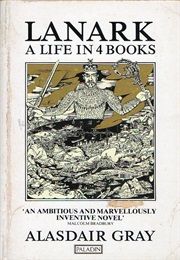
His sparkling Victorian pastiche Poor Things offers two accounts of the origins of a woman called Bella McCandless. It’s this clarity about human (specifically male) failings that makes his writing about sex compelling, rather than repulsive. We could be better, and we will continue to be bad so long as we cannot honestly reckon with our own badness. “Our natures are not built instinctively by our bodies, like beehives they are works of art … It is bad habits, not bad nature, which makes us repeat the dull old shapes of poverty and war.” “Your flood of language is delicious,” says the senior politician he is trying to influence, “and can have no possible effect upon human nature.” This exchange is the essence of Gray’s politics.

Lanark speaks up floridly for idealism: “We have no nature,” he says. In Lanark, the eponymous hero becomes a delegate to a council of nations where he is shocked by the cynicism of statecraft. But Gray’s writing is not the tyrannical kind that can only be enjoyed if you agree with him. Something Leather is straight-up lechery. Lanark is not particularly dirty, but Gray’s superb second novel, 1982, Janine, is unambiguous filth, chronically the compulsive, unruly fantasies of a middle-aged man called Jock.


Moreover, I was a feminist, and Gray was a sometime pornographer whose female characters barely scrape two dimensions. Gray displayed his politics with disarming plainness – he believed in Scottish independence and socialism I was a milksop unionist and social democrat.


 0 kommentar(er)
0 kommentar(er)
